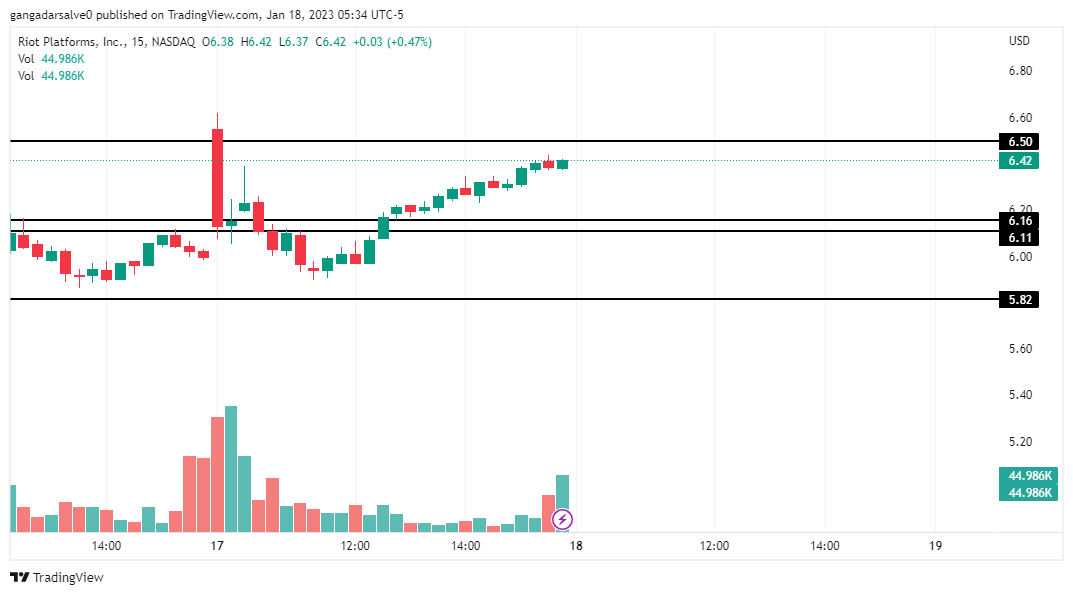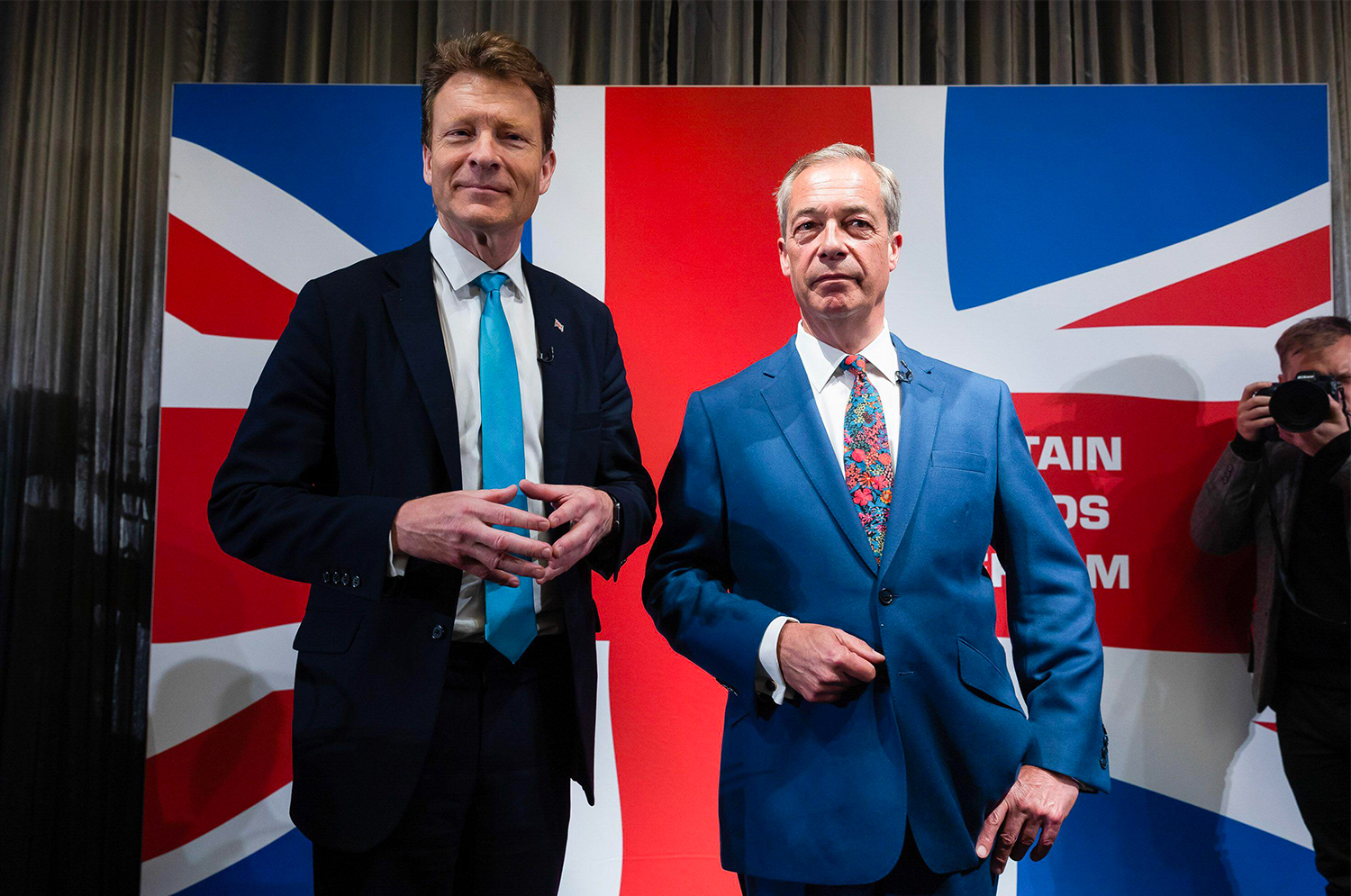Addressing Ghana's Mental Health Crisis: The Psychiatrist Shortage

Table of Contents
The Stark Reality: Quantifying the Psychiatrist Shortage in Ghana
The psychiatrist shortage in Ghana is alarming. The current number of psychiatrists per capita is significantly below the World Health Organization (WHO) recommendations. While precise figures vary depending on the source and year, estimates consistently reveal a drastic shortfall. This translates to inadequate access to essential mental healthcare services for a vast population.
- Specific numbers and data: While precise, publicly available data is limited, reports suggest a ratio of far fewer than one psychiatrist per 100,000 people, drastically below WHO guidelines. Further research and data collection are crucial for accurate quantification.
- Geographical disparities: Access to psychiatrists is highly uneven. Urban areas generally have better access than rural communities, leaving individuals in remote regions severely underserved and exacerbating the already significant psychiatrist shortage in Ghana. This disparity highlights the need for geographically targeted interventions.
- Regions most affected: Northern and Upper regions of Ghana consistently report significant limitations in access to mental healthcare professionals, further widening the existing healthcare gap.
These stark statistics highlight the urgent need to address the psychiatrist shortage Ghana is facing and improve mental health care Ghana, specifically enhancing access to mental healthcare across all regions.
Consequences of the Psychiatrist Shortage: A Ripple Effect on Society
The consequences of Ghana's psychiatrist shortage extend far beyond individual suffering. Untreated mental illnesses have a profound and devastating impact on individuals, families, and the nation as a whole.
- Increased suicide rates and self-harm: The lack of access to timely and appropriate care directly contributes to higher rates of suicide and self-harm among those struggling with mental health issues. This underscores the urgency of addressing the mental illness consequences of this shortage.
- Impact on family and community structures: Families bear the brunt of caring for individuals with untreated mental illnesses, often facing financial strain, emotional distress, and social isolation. This can lead to instability within family structures and disrupt community harmony.
- Reduced productivity and economic consequences: Untreated mental illness significantly reduces productivity in the workplace and overall economic participation. The societal cost of this lost potential is substantial, further highlighting the importance of addressing the underlying issues.
- Increased stigma around mental illness: The lack of available mental healthcare professionals reinforces existing societal stigma surrounding mental health, hindering individuals from seeking help and exacerbating the issue. This stigma is a major barrier to effective treatment and contributes to the cycle of untreated mental health issues. Addressing the societal impact of mental health crisis requires a multi-pronged approach.
Contributing Factors to the Shortage: A Complex Issue
The psychiatrist shortage in Ghana stems from a complex interplay of factors that require a comprehensive understanding for effective solutions.
- Lack of investment in mental health training and education: Insufficient investment in mental health training and education programs limits the number of qualified psychiatrists entering the profession. This underinvestment in psychiatrist training Ghana is a major obstacle.
- Brain drain (emigration of trained professionals): Many trained Ghanaian psychiatrists seek better opportunities abroad, contributing to the already critical shortage. This brain drain healthcare phenomenon needs addressing through retention strategies.
- Inadequate funding for mental health services: Limited government funding for mental health services restricts the expansion of infrastructure, resources, and professional opportunities, further hampering efforts to alleviate the shortage. This lack of mental health funding is a significant barrier.
- Lack of awareness and stigma surrounding mental health: Widespread stigma and lack of awareness about mental health issues prevent individuals from seeking help, placing additional strain on an already stretched system. This mental health stigma Ghana needs to be tackled through public awareness campaigns.
Potential Solutions: Addressing the Crisis Systematically
Addressing Ghana's mental health crisis requires a multi-faceted approach with sustained commitment and resource allocation.
- Increased funding for mental health education and training programs: Significant investment in expanding training programs and providing scholarships is crucial to increase the number of qualified psychiatrists.
- Incentives to attract and retain psychiatrists in Ghana: Competitive salaries, improved working conditions, and opportunities for professional development are essential to attract and retain psychiatrists within the country.
- Expansion of community-based mental health services: Establishing accessible community-based services can provide crucial support and reduce the burden on already limited hospital resources.
- Mental health awareness campaigns to reduce stigma: Public awareness campaigns are vital in reducing stigma and encouraging help-seeking behavior.
- Telehealth initiatives to improve access to care: Leveraging technology through telehealth can significantly improve access to mental healthcare, especially in remote areas. These mental health solutions Ghana need to be implemented strategically. Improving mental healthcare access across the country is critical.
Conclusion
Ghana's mental health crisis, deeply intertwined with a severe psychiatrist shortage, has far-reaching consequences for individuals, families, and society. The shortage stems from a complex interplay of factors, including insufficient funding, limited training opportunities, and pervasive stigma. Addressing Ghana's mental health crisis requires urgent and concerted action. We must increase funding for mental health education and training, implement strategies to retain professionals, expand community-based services, and launch comprehensive awareness campaigns to reduce the stigma surrounding mental illness. By working together, we can improve mental health policy Ghana and build a healthier future for all Ghanaians. Support organizations working to improve mental healthcare access in Ghana, advocate for increased government funding, and spread awareness about mental health issues. Let's work together to overcome the psychiatrist shortage and build a healthier future for Ghana. [Link to relevant organization 1] [Link to relevant organization 2]

Featured Posts
-
 Are School Suspensions An Effective Discipline Strategy A Deeper Look
May 03, 2025
Are School Suspensions An Effective Discipline Strategy A Deeper Look
May 03, 2025 -
 Doctor Who Future Uncertain Russell T Davies Hints At Pause
May 03, 2025
Doctor Who Future Uncertain Russell T Davies Hints At Pause
May 03, 2025 -
 Is Riot Platforms Stock A Buy At 52 Week Lows
May 03, 2025
Is Riot Platforms Stock A Buy At 52 Week Lows
May 03, 2025 -
 Nigel Farages Reform Uk Facing A Critical Crossroads
May 03, 2025
Nigel Farages Reform Uk Facing A Critical Crossroads
May 03, 2025 -
 Netanyahu Accuse Macron De Grave Erreur Concernant L Etat Palestinien
May 03, 2025
Netanyahu Accuse Macron De Grave Erreur Concernant L Etat Palestinien
May 03, 2025
